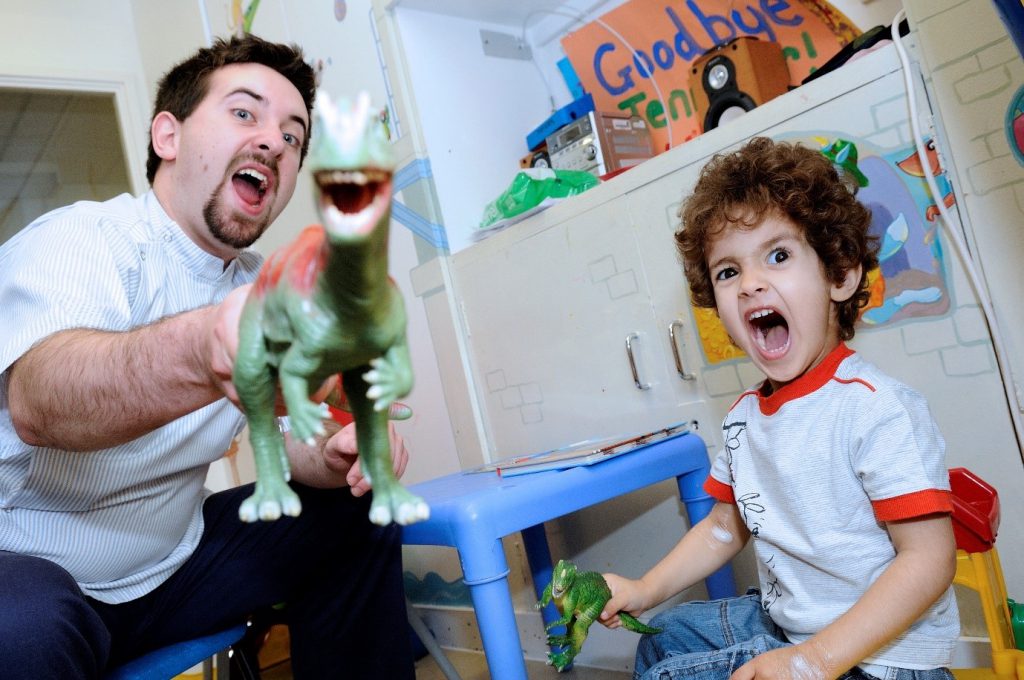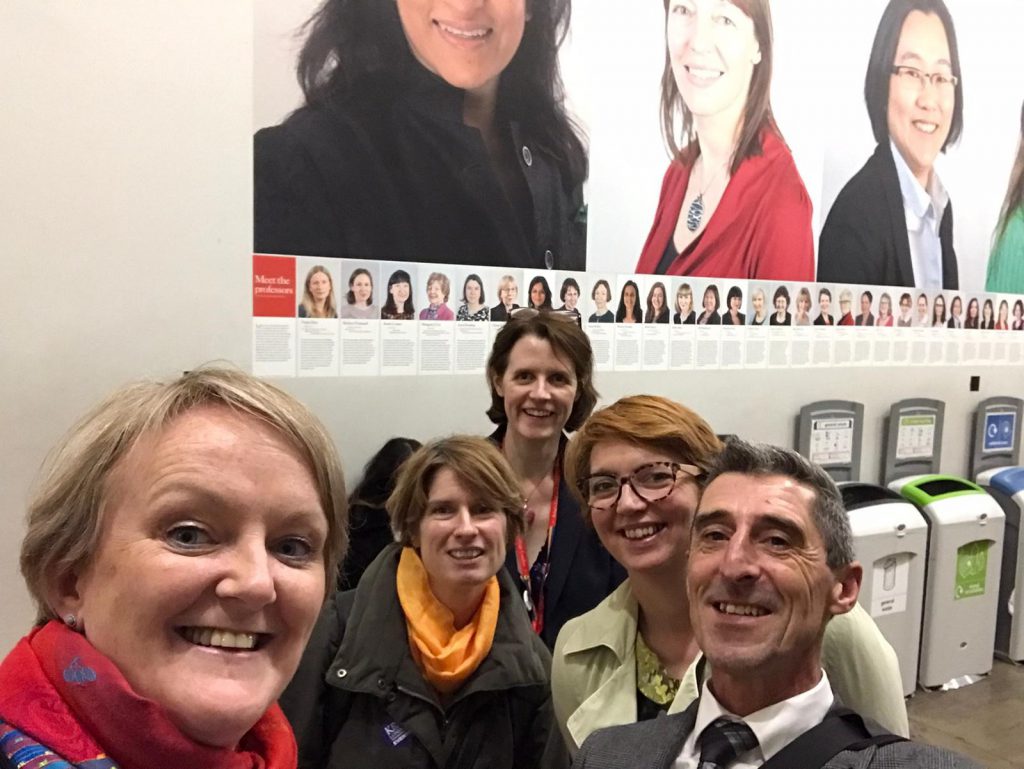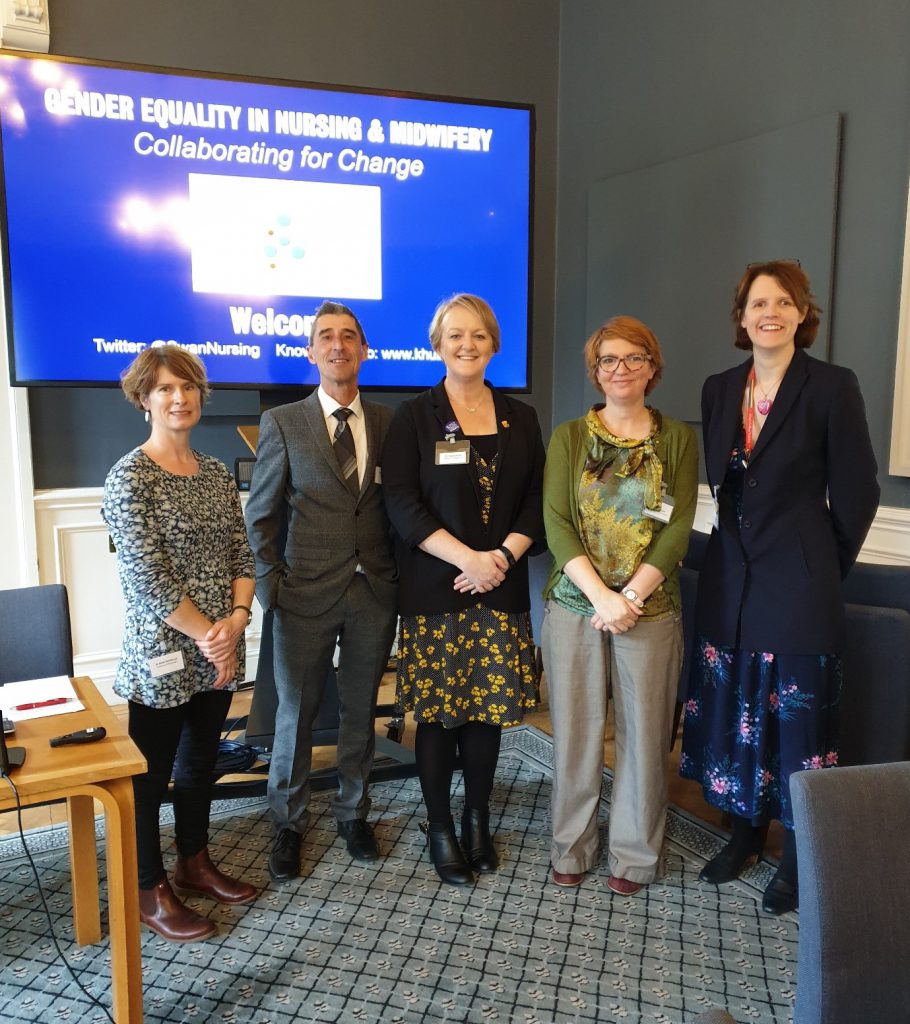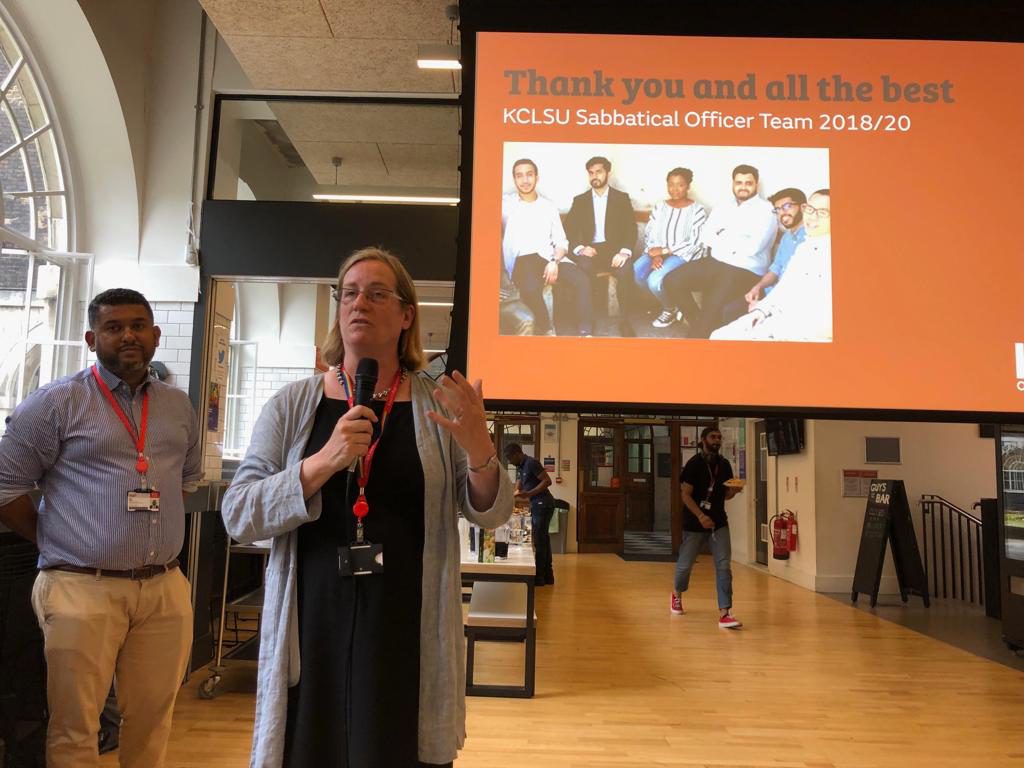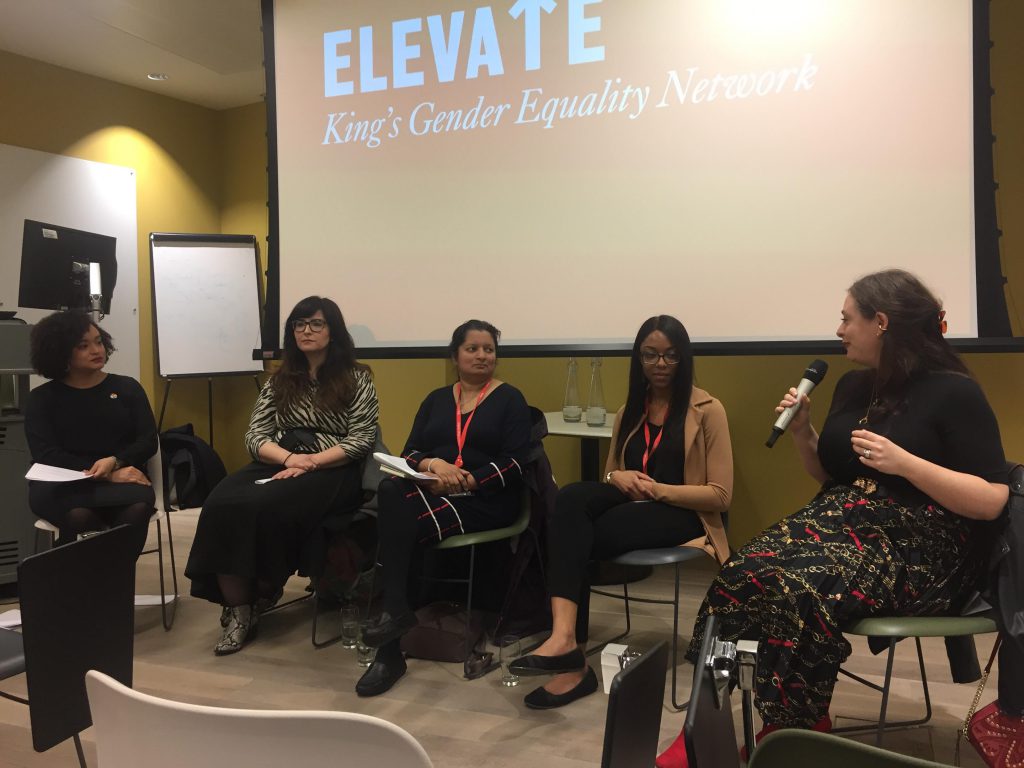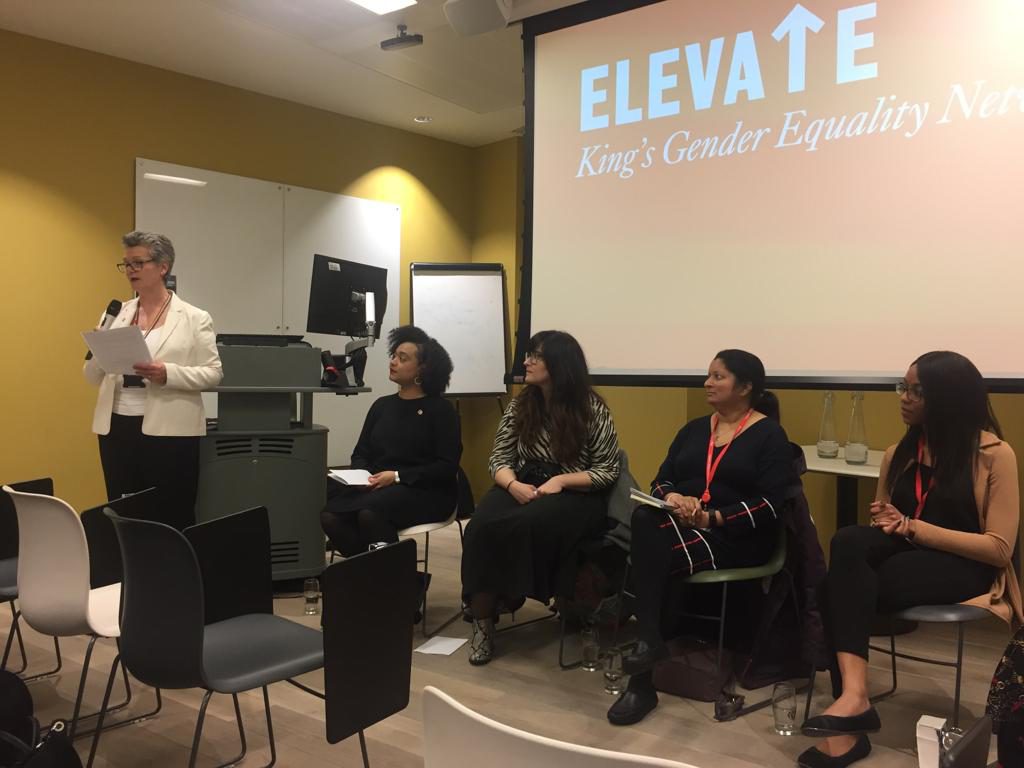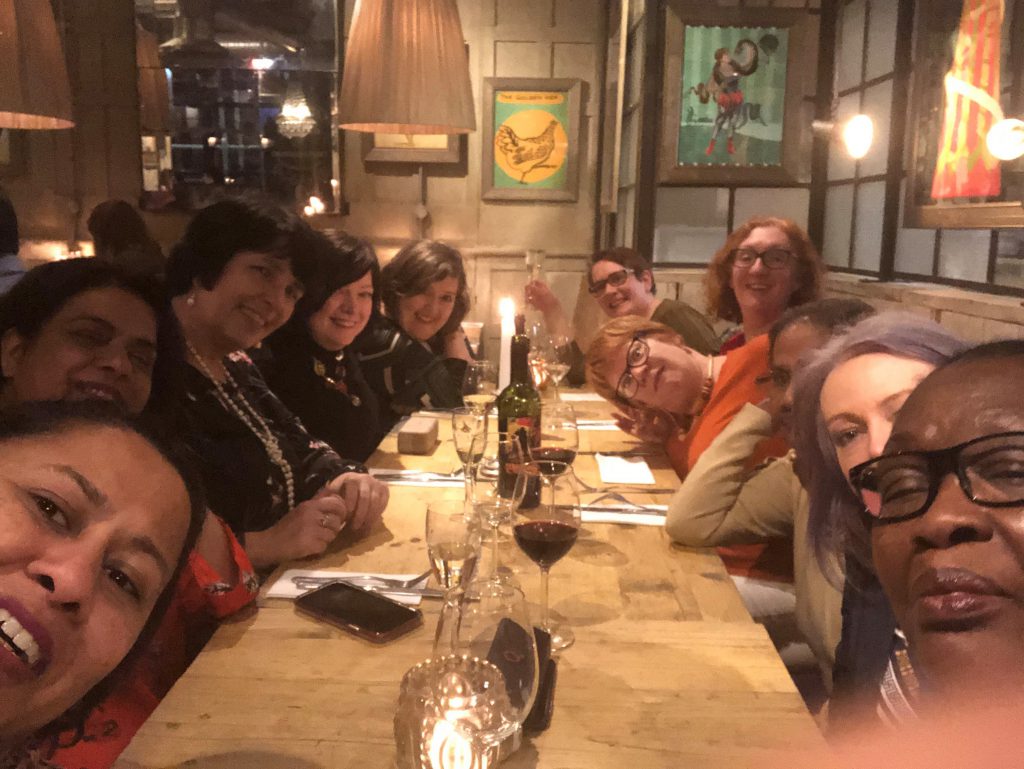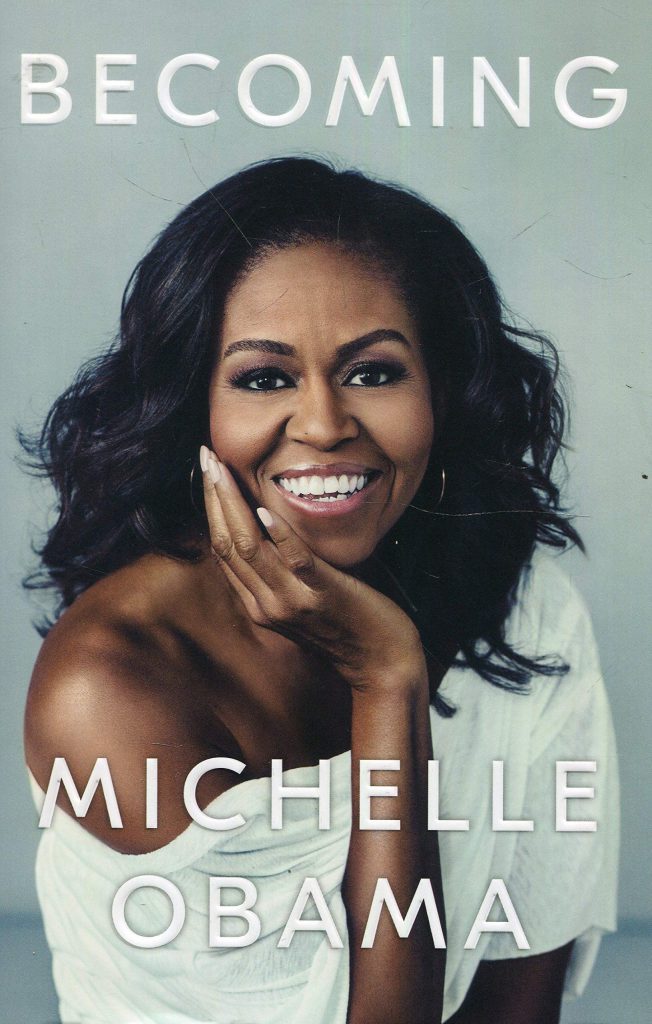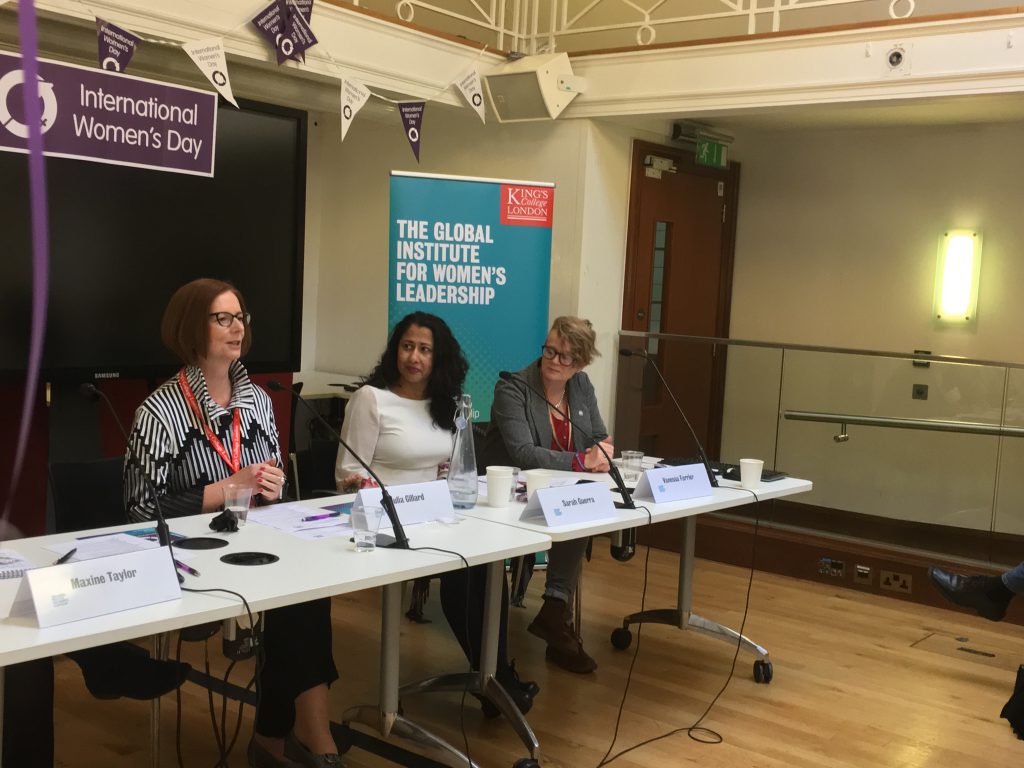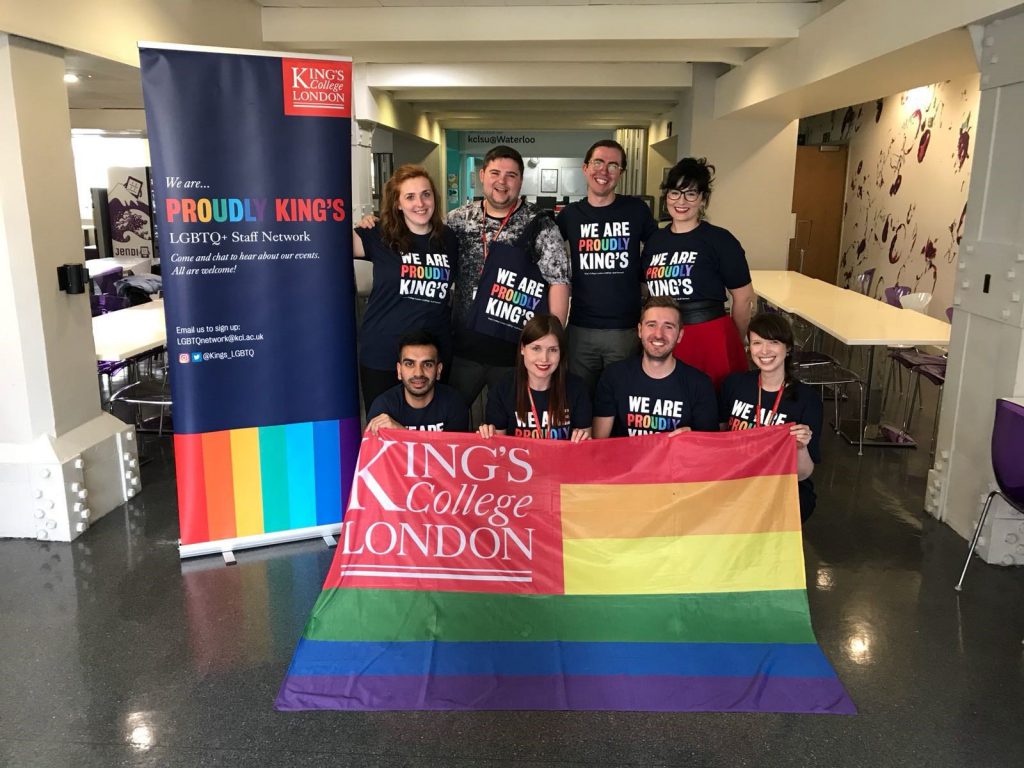Dr Emma Briggs is the Diversity & Inclusion Committee co-chair and Athena SWAN lead for Nursing & Midwifery in the Florence Nightingale Faculty if Nursing, Midwifery & Palliative care. Here she reflects on the paradox of gender equality in nursing and midwifery and the launch of a national network to promote change.
The Nursing and midwifery sector suffers greatly from gender stereotyping – just search Google Images for a nurse or midwife. Or ask a school-aged child what a nurse does or wears. Even the Guinness Book of Records struggled with accepting that Jessica Anderson was wearing a nurse’s uniform when she ran the London Marathon in the fastest time (it should have been a dress, pinafore and cap, tights were optional, she was advised initially).
We need to be more diverse
- Just 0.3% of midwives and 11.4% of nurses identify as male
- 6% identify as a different gender than their sex registered at birth (NMC 2019)
We need to be more gender diverse. Attracting men into the professions is an important challenge to address and has included the We are the NHS campaign, a BBC articles and Higher Education England campaign (featuring a King’s midwifery student), and university level projects such as #MenDoCare (Dundee) and Men in Nursing Together – MINT (Sheffield Hallam). But is seems we need to tackle those gender stereotypes much, much earlier. In research involving over 700 7-11year olds, 7 out of 10 children picked an image of a woman when asked to identify the children’s nurse. Most of the girls (80%) and boys (72%) in this cohort chose the image of a man when asked to identify the surgeon. A gender neutral uniform for children is just one of the ways we are trying to change the deep rooted stereotypes around midwifery and nursing.
Glass Ceilings and Glass Escalators
A double whammy – women may experience the glass ceiling while male colleagues get to ride the glass escalator. A recent international report into nursing leadership highlights how these two experiences co-exist. The glass ceiling is a familiar metaphor for invisible barriers to career progression but the glass escalator is associated with feminised professions. Here, men experience advantages and are elevated to leadership positions. UK research has also shown a higher percentage of men in senior nursing positions and it takes fewer years to get there.
In academia, our pipeline is still leaky, and the glass escalator may exist – 64% of professors are women. This is not as dramatic as other STEM subjects (contrast chemistry where 10% of professors are women) but it needs addressing.
So, therein lies the paradox; a predominantly female profession that needs to attract more men but needs to deconstruct its glass structures so there is equity in career progression. We need to work together on this.
Collaborating for Change
On 4th November, we excitedly launched the Athena SWAN Network for Nursing and Midwifery (@SwanNursing) at King’s. The idea emerged from a collaboration between nursing faculties at King’s College London and Queen’s University, Belfast. We realised that we faced the same challenges. The new committee with five national leads, worked on the launch for a year. On the day, 32 delegates attended from 22 universities from the UK and Ireland and what a day we had.
Prof Dame Athene Donald (@AtheneDonald; Professor of Physics, Cambridge University & Gender Equality Champion) provided an inspirational keynote address entitled ‘Thinking Positively, Acting Concretely.’ We also got to explore issues such as Men in Nursing & Midwifery (with Dr Maurice O’brien, Cardiff University), Gender Fluidity & Trans Matters (with Dr Rosie Stenhouse, University of Edinburgh), Barriers to Women in Academia (with Dr Susan Clarke, Queen’s University Belfast) and I presented on the Gender Pay Gap. Dr Angela Flynn (University College, Cork) facilitated our discussions on the aims of the network as well as tweeting furiously some of the key points and photos from the day (@SwanNursing for some absolute gems).
Where do we go from here? Sharing practices, comparing and collecting data and identifying solutions are important if we are going to address our gender equality issues. We are established on Knowledge Hub – a public service platform for collaboration so we can continue to build our community and make progress together. We will hold an annual networking and learning event for members and are excited about what can be achieved. We also are acutely aware that while gender equality is a significant issue, it is just one characteristic and as a network, we too call for research and data on the intersect of other axes of diversity. We need to address all stereotypes and barriers where they occur. We need to work beyond our university walls to challenge stereotypes early on. We need to collaborate for change.

